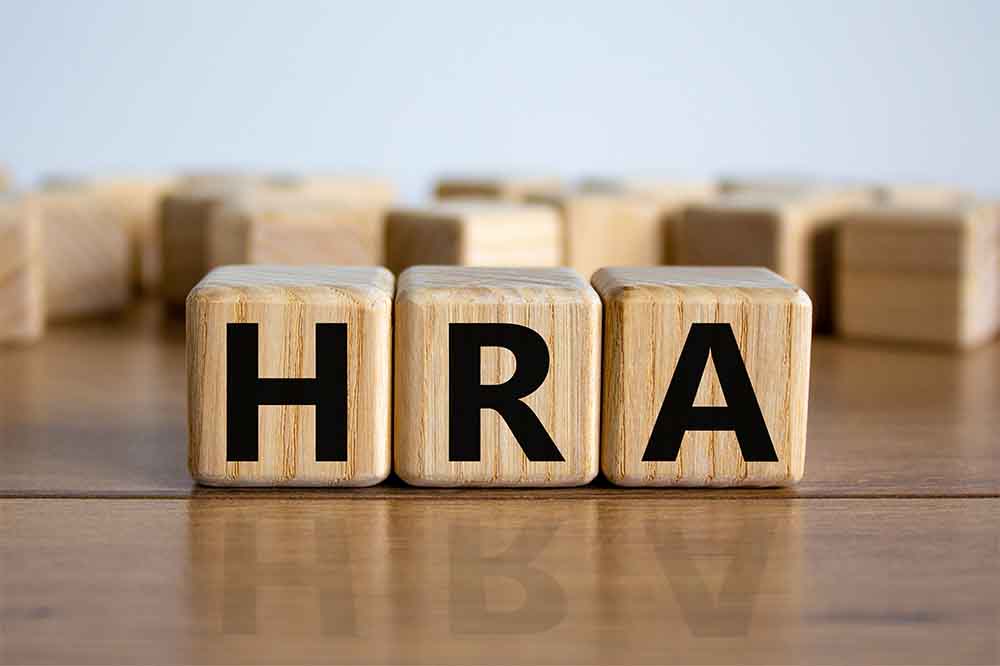Radhika Sharma, a 28-year-old marketing professional in Mumbai, received a rent hike notice from her landlord. Living in a prime locality was convenient, but the rising rent would strain her budget. Like many young professionals, she faced a dilemma - relocate to a more affordable area or find ways to reduce the existing rent burden? ’I loved my apartment, but the sudden increase in rent made me rethink my finances. I had to figure out ways to cut costs without compromising on my lifestyle,’ she says.

If you’re looking for ways to cut down on your monthly rent payments without compromising too much on comfort and convenience, here are some expert-backed strategies, including insights from Chartered Accountant Abhay Asknani.
1. Negotiate With Your Landlord
Before accepting a rent hike, try negotiating with your landlord. Many landlords prefer retaining a reliable tenant rather than going through the hassle of finding a new one. Abhay Asknani suggests, ’Highlight your timely payments and maintenance of the property as leverage for negotiation. If you’re renewing your lease, try locking in a long-term contract to secure a better rate.’
Radhika followed this piece of advice and successfully negotiated a smaller hike. ’I explained my situation to my landlord and pointed out that I had always paid rent on time. He agreed to a much lower increase than initially proposed,’ she shares.

2. Opt For A Longer Lease Term
Signing a long-term lease (12-24 months) can help lock in a lower rent rate, as landlords appreciate the security of a committed tenant. Radhika took this into account when renegotiating her lease. ’I offered to extend my lease for two years instead of one, and that helped me keep down the rent as well,’ she says.
3. Take Advantage Of Employer Housing Benefits
Many companies offer housing allowances or tie-ups with builders and societies for subsidised rentals. Asknani advises, ’Check if your employer provides rent subsidies or partnerships with housing projects, as this can help reduce your rental burden.’
’I wasn’t aware that my company had rental tie-ups with certain buildings. When I inquired, I found out I could get a discount if I moved into one of them,’ says Radhika, who had a backup plan in place.

4. Avoid Fully Furnished Apartments
Furnished apartments often come with a higher price tag. If you already own furniture or can invest in second-hand pieces, choosing an unfurnished or semi-furnished flat can save you a good amount every month.

5. Use Rent Payment Platforms That Offer Rewards
Some digital rent payment platforms provide cashback, reward points, or discounts on timely rent payments. Research and choose platforms that offer benefits to maximise your savings.
6. Check For Tax Benefits On HRA
If you receive a House Rent Allowance (HRA) from your employer, ensure you’re making the most of the tax benefits. Asknani advises, ’Submit proper rental receipts to claim deductions, which can reduce your taxable income and effectively lower your rent burden.’
Radhika adds, ’I used to ignore the tax benefits of HRA, but once I started keeping track, I realised I was saving a significant amount every year.’ As Abhay Asknani puts it, ’Smart financial decisions in renting can free up resources for long-term wealth-building and financial security.’

For Radhika, these strategies made all the difference. ’I never realised how many options I had to cut down on rent. With a little research and negotiation, I was able to keep my home while staying within my budget,’ she concludes.
If you’re facing a rent crunch like Radhika, try these strategies and make the most of your hard-earned money!